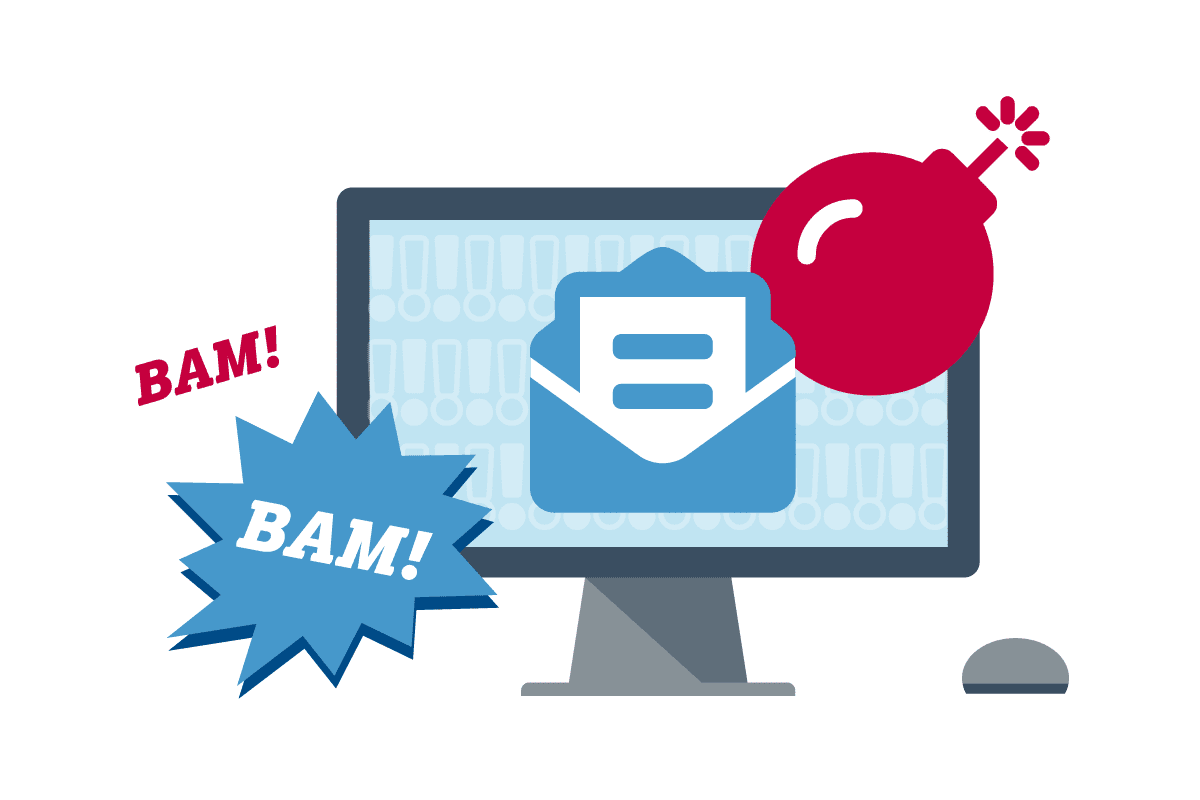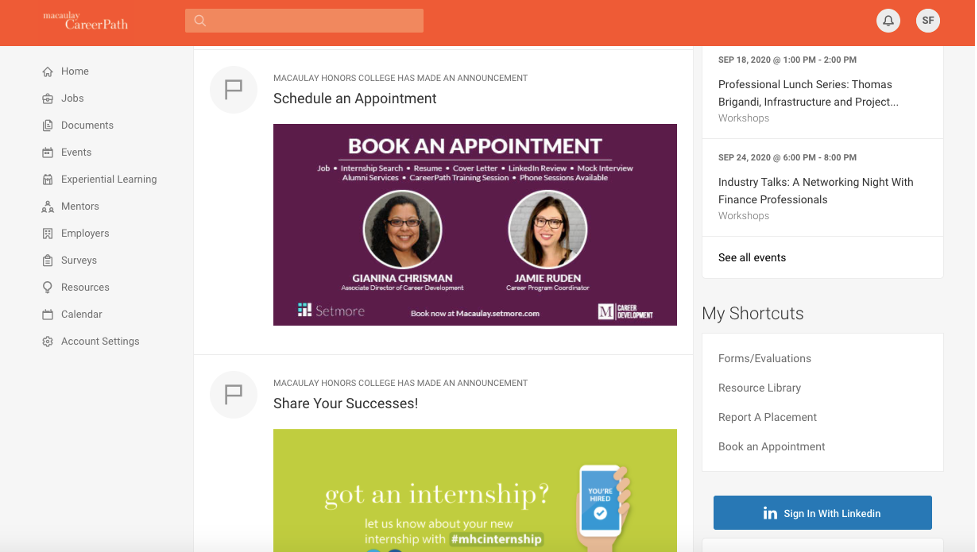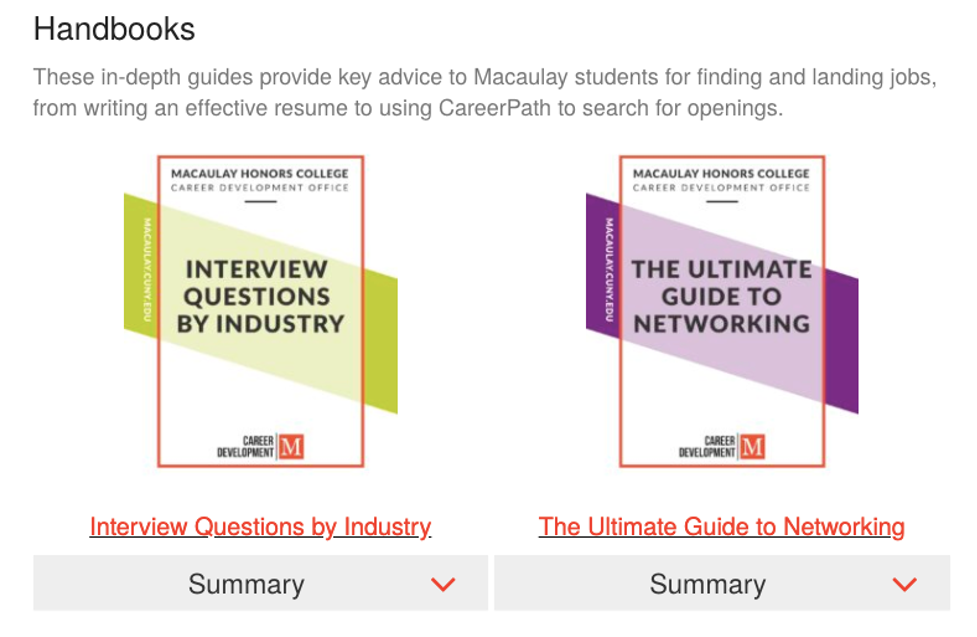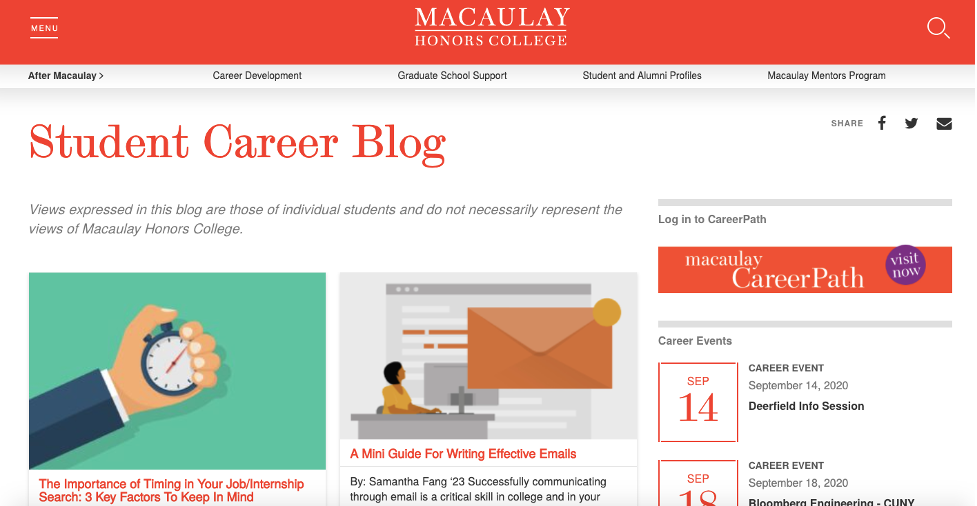By: Anne Hwang ’23
Let’s dive right in…
Wow, I’m Going to Be Rich

“You can make up to $1000 a week…” If you’ve ever opened one of these “assistant” or “secret shopper” job offer emails, you’ve probably seen this sentence before. Yet, if it looks like it’s too good to be true, that’s because it most likely is. Many scam and fraudulent job opportunity emails will offer anywhere from $450—$500 a week to even $1000 for ~1-2 hours of work in a week. This would mean that the hourly rate is roughly $225—$250 to an even greater amount. While one can hope for such great pay like this, keep in mind that an average physician in the US makes roughly ~$90 an hour, and that’s after nearly 10 years of medical school and residency. With that said, if a professor is offering to pay you that much for minimal work, odds are that the job isn’t an actual job.
Look at Details

Many fraudulent job offers have common details in their emails. If you’ve received many of these emails before, you’ve probably picked up on the pattern. They usually involve a student who is reaching out to you on behalf of a professor, and you might see some details that state the professor is either “away” or “receiving a medical treatment.” Other details to pay attention to in these emails include grammatical and spelling errors. You might also notice that scam emails often aren’t formatted professionally, and the job description may even be attached as a poorly written word document. Simply put, there are often many giveaways that signal the email is a scam, and if you read carefully, you should pick up on these red flags.
Do Not Click the Links

A very important thing to remember here, is that regardless of whether the email is truly fraudulent or not, if you have your doubts, DO NOT click any links listed in the email! If you think there is a chance that the position may be a valid one but are uncertain, you can contact both your campus and Macaulay’s office of career development to seek help to verify the job offer. Your computer has been and will continue to be your best friend during the times of virtual learning, so keep it safe!
Do Some Research

Thanks to technology and a plethora of internet resources, vetting a job opportunity has become significantly easier than it once was! Some great sources include glassdoor.com and indeed.com When looking at the job opportunity in a potentially fraudulent email, start by researching the names in the email, the organization, and the address. If you can’t verify that all three of these have a solid connection with each other, then that email is for sure a no-go. Go ahead and delete that email and try searching for opportunities on Career Path instead!
Flag and Report the Email
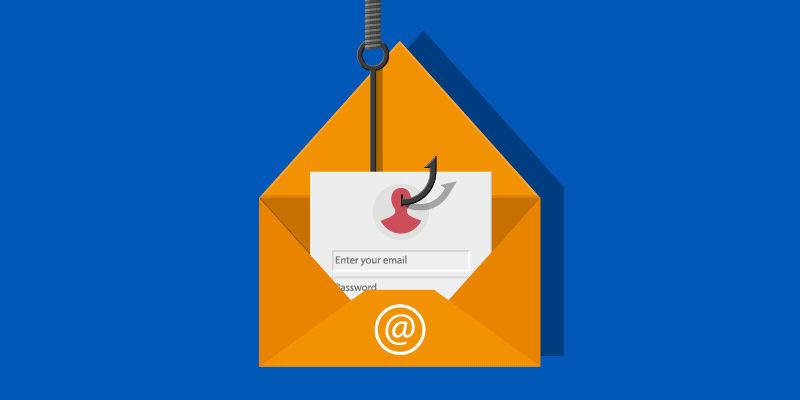
Lastly, don’t forget to flag and report the email as a scam. While it is difficult to avoid receiving these emails, it is not impossible to avoid falling victim to their scam offers. Remember to read carefully, and don’t fall for the lucrative pay!
For more information about scam emails towards CUNY student, visit:
For questions about job postings and employment opportunities, visit Careerpath or send us an email at: csm@macaulay.cuny.edu.
—
Interested in writing a blog for the Career Development blog? It’s open to Macaulay students
and alums. If you would like to contribute or have any questions, feel free to email
Jamie.Ruden@mhc.cuny.edu.
